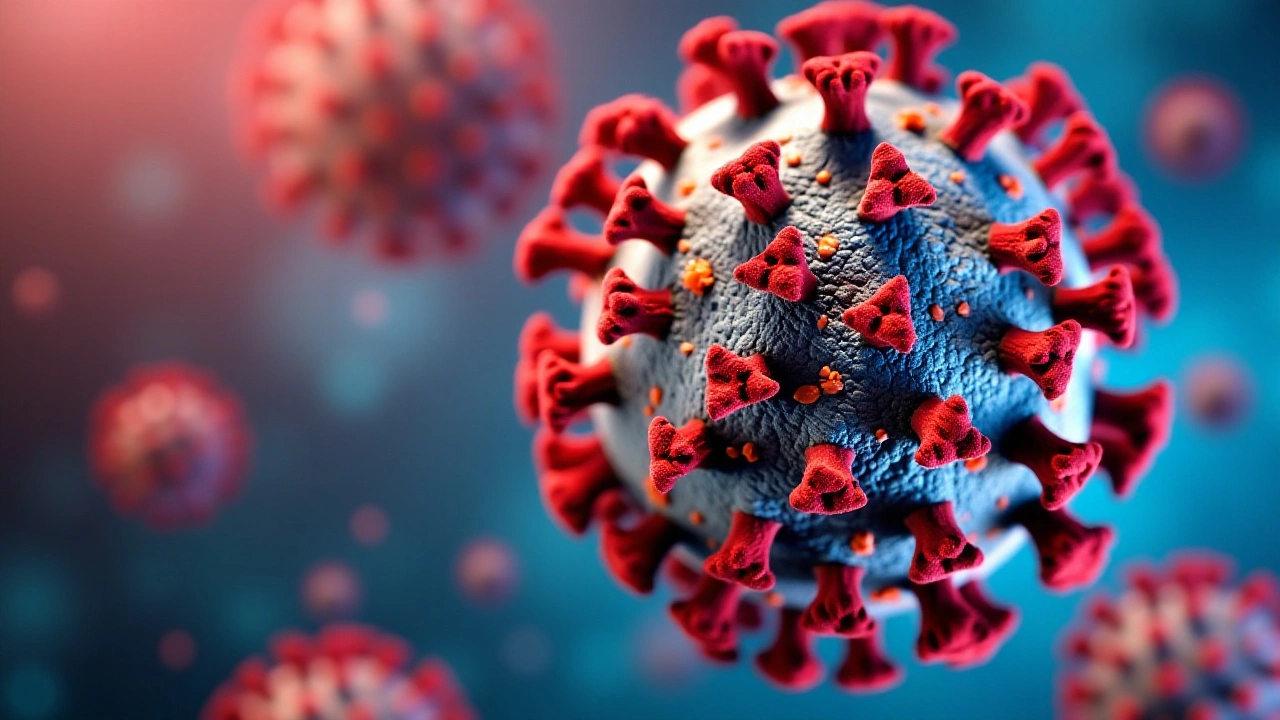New Variant: What It Means for You and Our Community
Hearing about a new variant can stir up all sorts of worries. So, what exactly is a "new variant," and why should you care? It’s basically a version of a virus that’s changed a bit, making it different from the original one. These changes can affect how it spreads or how sick it makes people.
The most important thing to know is that not all variants are dangerous. Some just change a little and don’t really impact how the virus behaves. But others might spread faster or resist some treatments, which is why scientists watch them closely. Staying informed about these changes helps us protect ourselves and those around us.
How Do New Variants Impact Health and Safety?
New variants can change how quickly the virus spreads in the community. Sometimes they might cause more illness, which can increase the load on hospitals. That’s why health experts recommend keeping up with vaccinations and boosters—they help our bodies fight off these new versions better.
It’s also smart to keep following basic safety steps like washing your hands, wearing masks indoors when crowded, and avoiding close contact with sick people. These simple habits help lower the chance of catching or spreading the virus, no matter which variant is around.
What Can You Do to Stay Ahead of the New Variant?
Keep an eye on trusted news sources and official health updates. That way, you’ll know if there are new guidelines or vaccine changes for your area. If you feel sick, get tested early and isolate to protect others until you know more. Remember, community efforts make a big difference in managing any new variant.
At Village Gazette, we’re committed to bringing you clear, reliable news about health updates and local impacts. Touch base with us regularly to stay prepared and informed as things evolve.

Amy Edwards and Mark Cameron from Case Western Reserve University's School of Medicine emphasized the crucial necessity for continued vigilance and research on COVID-19 in light of a new variant. Their discussion stresses preparedness and public awareness amidst easing restrictions.
Read More